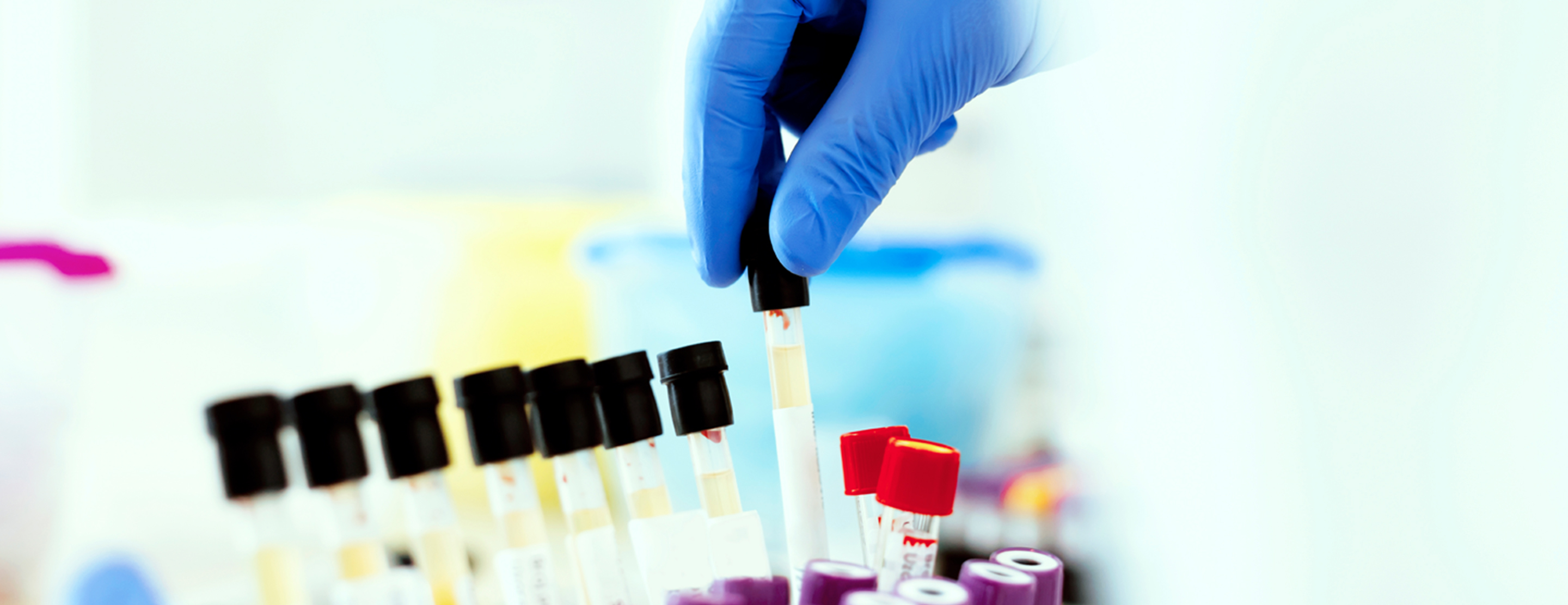
Cytology exam of urine
Definition
A cytology exam of urine is a test used to detect cancer and other diseases of the urinary tract.
Alternative Names
Urine cytology; Bladder cancer - cytology; Urethral cancer - cytology; Renal cancer - cytology
How the Test is Performed
Most of the time, the sample is collected as a
The urine sample can also be collected during
The urine sample is sent to a lab and examined under a microscope to look for abnormal cells.
How to Prepare for the Test
No special preparation is needed.
How the Test will Feel
There is no discomfort with a clean catch urine specimen. During cystoscopy, there may be slight discomfort when the scope is passed through the urethra into the bladder.
Why the Test is Performed
The test is done to detect cancer of the urinary tract. It is often done when blood is seen in the urine.
It is also useful for monitoring people who have a history of urinary tract cancer. The test may sometimes be ordered for people who are at high risk for bladder cancer.
This test can also detect cytomegalovirus and other viral diseases.
Normal Results
The urine shows normal cells.
What Abnormal Results Mean
Abnormal cells in the urine may be a sign of inflammation of the urinary tract or
Be aware that cancer or inflammatory disease cannot be diagnosed with this test alone. The results need to be confirmed with other tests or procedures.
Risks
There are no risks with this test.
References
Chernecky CC, Berger BJ. Cytologic study of urine - diagnostic. In: Chernecky CC, Berger BJ, eds. Laboratory Tests and Diagnostic Procedures. 6th ed. St Louis, MO: Elsevier Saunders; 2013:430.
Chernecky CC, Berger BJ. Cystoscopy - diagnostic. In: Chernecky CC, Berger BJ, eds. Laboratory Tests and Diagnostic Procedures. 6th ed. St Louis, MO: Elsevier Saunders; 2013:421-423.
Riley RS, McPherson RA. Basic examination of urine. In: McPherson RA, Pincus MR, eds. Henry's Clinical Diagnosis and Management by Laboratory Methods. 23rd ed. St Louis, MO: Elsevier; 2017:chap 28.
Smith A, Balar AV, Milowsky MI, Chen RC. Bladder cancer. In: Niederhuber JE, Armitage JE, Doroshow JH, Kastan MB, Tepper JE, eds. Abeloff's Clinical Oncology. 5th ed. Philadelphia, PA: Elsevier Saunders; 2014:chap 83.
Review Date: 08/26/2017
The information provided herein should not be used during any medical emergency or for the diagnosis or treatment of any medical condition. A licensed physician should be consulted for diagnosis and treatment of any and all medical conditions. Call 911 for all medical emergencies. Links to other sites are provided for information only -- they do not constitute endorsements of those other sites. Copyright ©2019 A.D.A.M., Inc., as modified by University of California San Francisco. Any duplication or distribution of the information contained herein is strictly prohibited.
Information developed by A.D.A.M., Inc. regarding tests and test results may not directly correspond with information provided by UCSF Health. Please discuss with your doctor any questions or concerns you may have.





